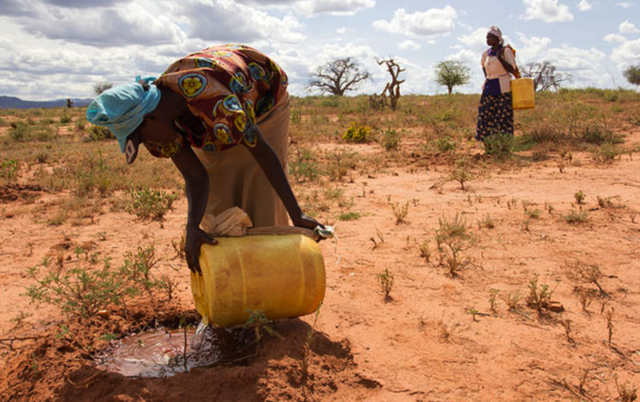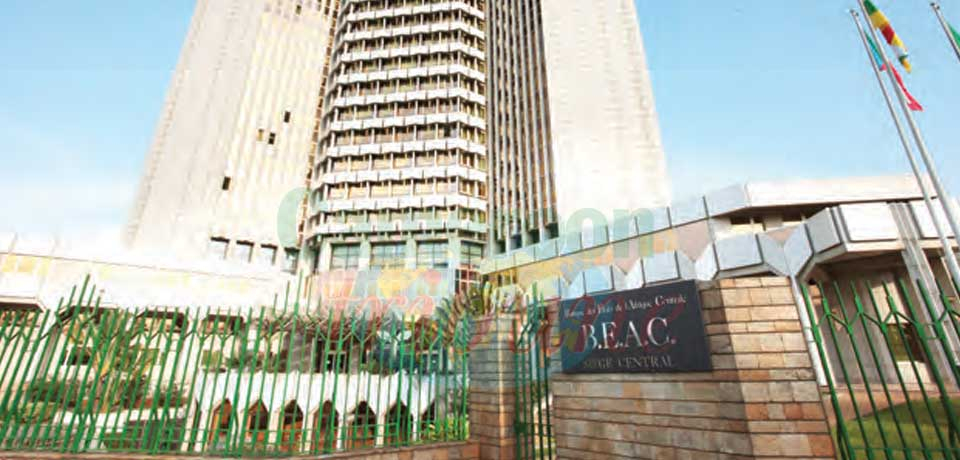Climate Change : Assuring Locally-led Actions For Policy Implementation
- Par Kimeng Hilton
- 28 Oct 2023 14:30
- 0 Likes

The Africa Coalition for Sustainable Energy and Access, ACSEA on October 28, 2023 in Yaounde organized a workshop. On the theme, “Multi-stakeholder dialogue on the nexus between locally-led climate action, sustainable development and people-centred bottom
Climate change poses a significant threat to our planet and requires collective action at all levels. It is crucial to engage various stakeholders in dialogue to ensure effective implementation of Nationally Determined Contributions, NDCs under the Paris Agreement. Thus the organization in Yaounde on Saturday, October 28, 2023 of a workshop by the Africa Coalition for Sustainable Energy and Access, ACSEA.
Multi-stakeholder Dialogue
With the theme, “Multi-stakeholder dialogue on the nexus between locally-led climate action, sustainable development and people-centred bottom-up approaches to Nationally Determined Contributions, NDCs,” the training sought to build capacity and foster multi-stakeholder dialogue processes at all levels. Focusing on the nexus between locally-led climate action, sustainable development, and people-centered bottom-up approaches to implementing NDCs.
General Understanding
“We gave participants a general understanding of the approaches and tried to equip them to integrate broader thinking in the design and implementation of their projects. For example, a project in the food production sector should be led from the ground. With other local actors such as livestock farmers integrated to ensure that the adaptation measures taken in the agricultural sector produce benefits for livestock farmers as well. And if this is not happening, the new adaptation measures should at least not create new problems for livestock producers,” explained Eugene Nforngwa, ACSEA Director of Programmes.
Varied Participation
“We brought together stakeholders from community organisations, government departments, and the civil society to have a common understanding of the approach. And see how we can apply it. Following the workshop, we will move to another phase. Communities will participate in monitoring and tracking the performance of government in implementing the pledges it has made in the current NDCs,” Nforngwa announced.
Monitoring Taskforce
“One of the key things we will be doing is the launch of a taskforce of community representatives. We will equip them with tools to track and monitor the implementation of NDCs in Cameroon… “Communities should be able to remind government it promised to do certain things, but from their assessment, some have been done, and others not done at all. This will help to improve governance, accountability and transparency in climate actions in Cameroon,” Eugene said.
Present Everywhere, Felt Differently
According to him, the approach is useful because climate change is a global problem that affects everyone everywhere, though its impacts are felt locally. “Different people face the impact of climate change differently. Farmers have different climate-related challenges from people in education or the health sector. If you are not leading the definition of your vulnerabilities and the development of strategies on how to adapt, it is possible to miss very critical issues that could have improved the outcome of all the interventions,” Eugene noted. “We hope the locally-led and people-centred approaches in addressing climate change will become the main model of operation. Not only for Cameroon, but in all the countries where we carry out work,” he said.
Nationally Determined Contributions
Eugene Nforngwa explained that Nationally Determined Contributions, NDCS to the Paris Accord are a set of pledges by countries on how they plan to address the climate crisis. It is a requirement for all party countries to the United Nations Framework Convention on Climate Change arrived at in the Paris Agreement. Every five years, all countries that are signatory to the convention prepare a document which is called Nationally Determined Contributions. These contributions are usually in terms of how much green house gas emissions they intend to reduce. And also what actions they plan to take to help communities adapt to the impact of climate change, Eugene outlined.
Developing Their Action Plans
Still, according to Nforngwa, Cameroon’s NDC document has for long not been familiar with communities. Also, its design and implementation have tended to remain at the highest level of governance, led by the ministry. Sometimes in consultation and the participation of other actors.The community leadership approach means communities develop their own action plans which grow into the national action plan. Rather than the national action plan that communities are supposed to implement, Nforngwa underscored.
Local Actions, Sustainable Development
Organisers of the workshop say the nexus between locally-led climate action, sustainable development and people-centred bottom-up approaches to NDC implementation is a critical and interconnected issue in addressing the challenges of climate change. Climate action initiatives that are locally-led and rooted in sustainable development goals which are key to achieving long-term environmental, social, and economic sustainability.
Active Participation Of All
At the heart of this nexus is the recognition that effective climate action requires the active involvement of diverse stakeholders, including local communities, civil society organizations, government agencies, and the private sector. By adopting a people-centred, bottom-up approach, decision-making processes become more inclusive, ensuring that the voices and needs of marginalized groups are considered.
Nationally Determined Contributions are central to global climate change efforts, outlining each country's commitments to reducing green house gas em...
Cet article complet est réservé aux abonnés
Déjà abonné ? Identifiez-vous >
Accédez en illimité à Cameroon Tribune Digital à partir de 26250 FCFA
Je M'abonne1 minute suffit pour vous abonner à Cameroon Tribune Digital !
- Votre numéro spécial cameroon-tribune en version numérique
- Des encarts
- Des appels d'offres exclusives
- D'avant-première (accès 24h avant la publication)
- Des éditions consultables sur tous supports (smartphone, tablettes, PC)














Commentaires